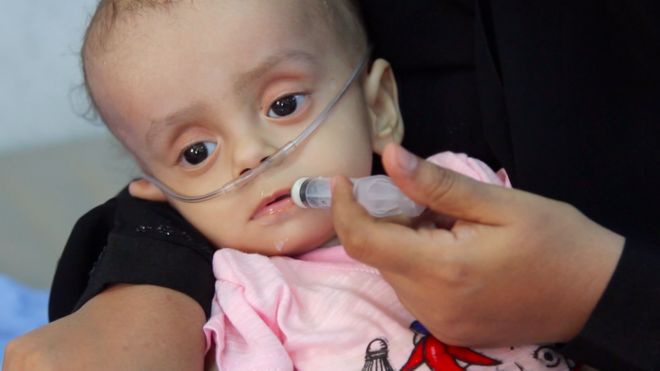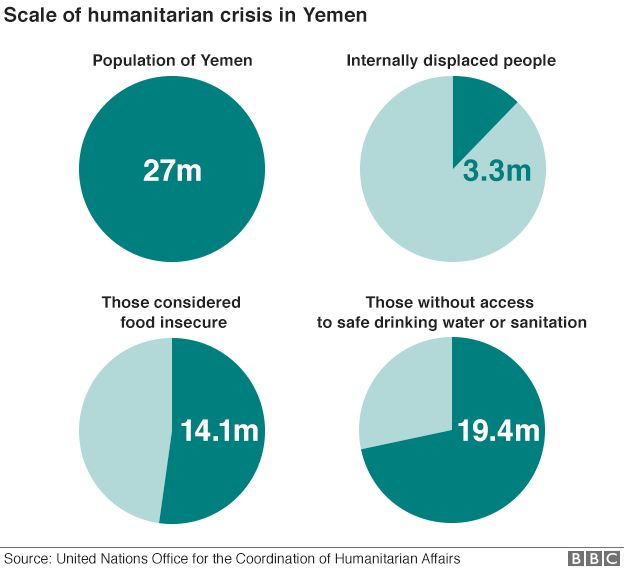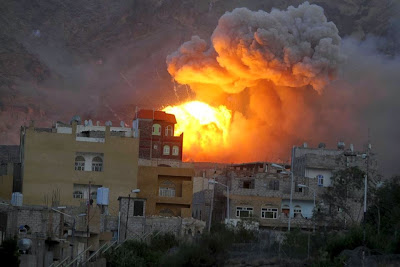In the first stage, above all other things, that which is the most important is repentance (tawbah) and to be vigilant. The meaning of repentance is to shun all devils and all forms of despotism, and turn back towards Allah . It means to disregard one's wishes, low desires and the lower soul (al‑Nafs al‑Ammarah) and proceed towards spirituality and the (higher) qualities (of a human being).
Completing all that was performed in the past such that there is no responsibility or obligation between Allah and His creations on the person's shoulders, the person leaves his city in such a state that not a single person is upset with him ‑ except of course the Devil (Shaitan).
The meaning of being vigilant is that one focuses his attention on the grandeur and majesty of the House of Allah .
He focuses on the fact that it is the Creator and Maintainer of the Universe that has given him this opportunity (to perform the Hajj). He focuses on the fact that on this journey, he must not allow anyone or anything to aggravate him. He focuses on the fact that if he performs a Hajj that is accepted, then without doubt, he has reached to that level which mankind was created to reach to (the level of meeting Allah and the level of true worship). He focuses on the importance of performing all those things, which are obligatory to perform, such as the Salat, etc...
A woman performing the Hajj safeguards her modesty and her Islamic attire(hijab). She focuses on the importance of refraining from all sins, and she knows and understands that Allah does not accept the deeds of those who commit sins. The acceptance of all actions is connected to one's piety(taqwa). Thus, Allah does not accept the Hajj from those people who commit sins:
إِنَّمَا يَتَقَبَّلُ اللَّهُ مِنَ الْمُتَّقِينَ
“Verily Allah only accepts from those who guard (against evil).”
The person must keep in mind the importance of performing the recommended (mustahab) acts, most importantly of which is serving the creations of Allah, which is one of the ways that the obligatory (wajib) acts are accepted.
The person must keep in mind that especially during this journey, wherever he may be and in whatever state he is, he is constantly in the presence of Allah , the Noble Prophet (s) and the Pure A'immah (as) (such as we are told in the Qur'an):
وَقُلِ اعْمَلُوا فَسَيَرَى اللَّهُ عَمَلَكُمْ وَرَسُولُهُ وَالْمُؤْمِنُونَ
“Say‑ Work! Allah will see your work and (so will) His Messenger and the believers...”
The person must keep in mind that using any forbidden (haram) wealth or property on this trip ‑ rather in any act of worship, will not lead to anything except the accumulation of sins, transgression and misfortune in this world and in the next life.
After repentance and being vigilant, the person must also reach to a stage of emptiness and annihilation, such that if he can not reach to the level where he is able to remove all the detestable characteristics such as jealousy, miserliness, pride, greatness, worship of the world, etc... then he should at least try to acquire the praiseworthy characteristics such as mercy, generosity, humility, asceticism, and freeing the soul from all that it is attached to within himself.
A person should try to at least control those detestable attributes that he possesses and not allow them to take power over him.
Similarly, one must try to allow justice, equity and the fear of Allah to rule over himself such that unknowingly and on its own, the soul gains control in a way that all the obligatory (wajib) actions are performed and all sins are refrained from. This should be accomplished at least to the extent that these (positive traits) take control over one's al‑Nafs al‑Ammarah and over one's own wishes and desires, and do not drag the person towards sin.
Once this has been accomplished, then one, through the pleasures of the religion (Salat, fasting, recitation of Qur'an, supplication, humility and humbleness while in the presence of Allah , pleasing the creations of Allah , etc ...) and through seeking help by way of Tawassul to the Ahl al‑Bait (as) (it is better to go to Madinah after performing the Hajj, if one is able to), especially seeking help from Imam Wali al‑ Asr (may Allah hasten his noble return and may my soul and the souls of all of those of the universe be sacrificed for the dirt under his feet) and by the continuous recitation ofZiyarat Jami`ah al‑Kabirah which is one of the best forms of Tawassul to the 12th Imam, one will reach to the level of glory and praise ‑ meaning that our soul will become illuminated by the light (Nur) of Allah .
وَجَعَلْنَا لَهُ نُورًا يَمْشِي بِهِ فِي النَّاسِ
“And we placed for him, a light (Nur) by which he walks amongst the people..”
In this blessed journey, while in the security of the Truth, one should be able to reach to a level of true servitude, where one can distinguish between good and bad, friend and enemy, and what Allah (swt) wants, from what one's own evil soul wants...
إِنْ تَتَّقُوا اللَّهَ يَجْعَلْ لَكُمْ فُرْقَانًا
“If you are careful of (your duty to) Allah, then He will grant you a distinction.”
What is more important than which has been mentioned is at this stage, one must attain sincerity (khulus). This means that in one's heart and thoughts during this journey, nothing should remain except Allah and the performance of the Hajj exactly as the way Prophet Ibrahim (as) performed it.
وَجَّهْتُ وَجْهِيَ لِلَّذِي فَطَرَ السَّمَوَاتِ وَالْأَرْضَ حَنِيفًا وَمَا أَنَا مِنَ الْمُشْرِكِينَ
“Surely I have turned myself, being upright, wholly to Him Who originated the heavens and the earth, and I am not of the polytheists.”
The person should not perform Hajj simply for people to congratulate him; or, may Allah protect us, to make other people work hard and go through troubles, meaning his Hajj is not simply to use other people. In fact, his Hajj should not even be for Allah to bestow upon him, both in this world and in the next, blessings and bounties. Rather, all of his attention and focus on this journey must be for Allah , the goal of reaching to Him and to the true worship, such that no one else or anything will be in his sight except the pleasure of Allah .
وَمَا لِأَحَدٍ عِنْدَهُ مِنْ نِعْمَةٍ تُجْزَ إِلَّا ابْتِغَاءَ وَجْهِ رَبِّهِ الْأَعْلَى
`And no one has with him any blessing for which he should be rewarded, except the seeking of the pleasure of his Lord, the Most High.`
In summary, at this stage, one's intention must be sincere and there must not be anything of the worldly pleasure, in fact not even the pleasures of the next life should be in his sight. Just as the Qur'an mentions, the best colour is thecolour of Allah
صِبْغَةَ اللَّهِ وَمَنْ أَحْسَنُ مِنَ اللَّهِ صِبْغَةً
“(Receive) the colour of Allah, and who is better than Allah in colouring?”
The worst of colours is the colour of conceit, and it is clear that if Allah forbid, through one's actions, speech, or if in one's heart or soul this trait is already there, then he has reached to the stage of disbelief (kufr):
فَوَيْلٌ لِلْمُصَلِّينَ الَّذِينَ هُمْ عَنْ صَلَاتِهِمْ سَاهُونَ الَّذِينَ هُمْ يُرَاءُونَ وَيَمْنَعُونَ الْمَاعُونَ
“So woe to the praying ones, those who are unmindful of their prayers, Who do (good) to be seen, And withhold the necessities of life.”
Makkha in 2050






















.jpg)













.jpg)
















